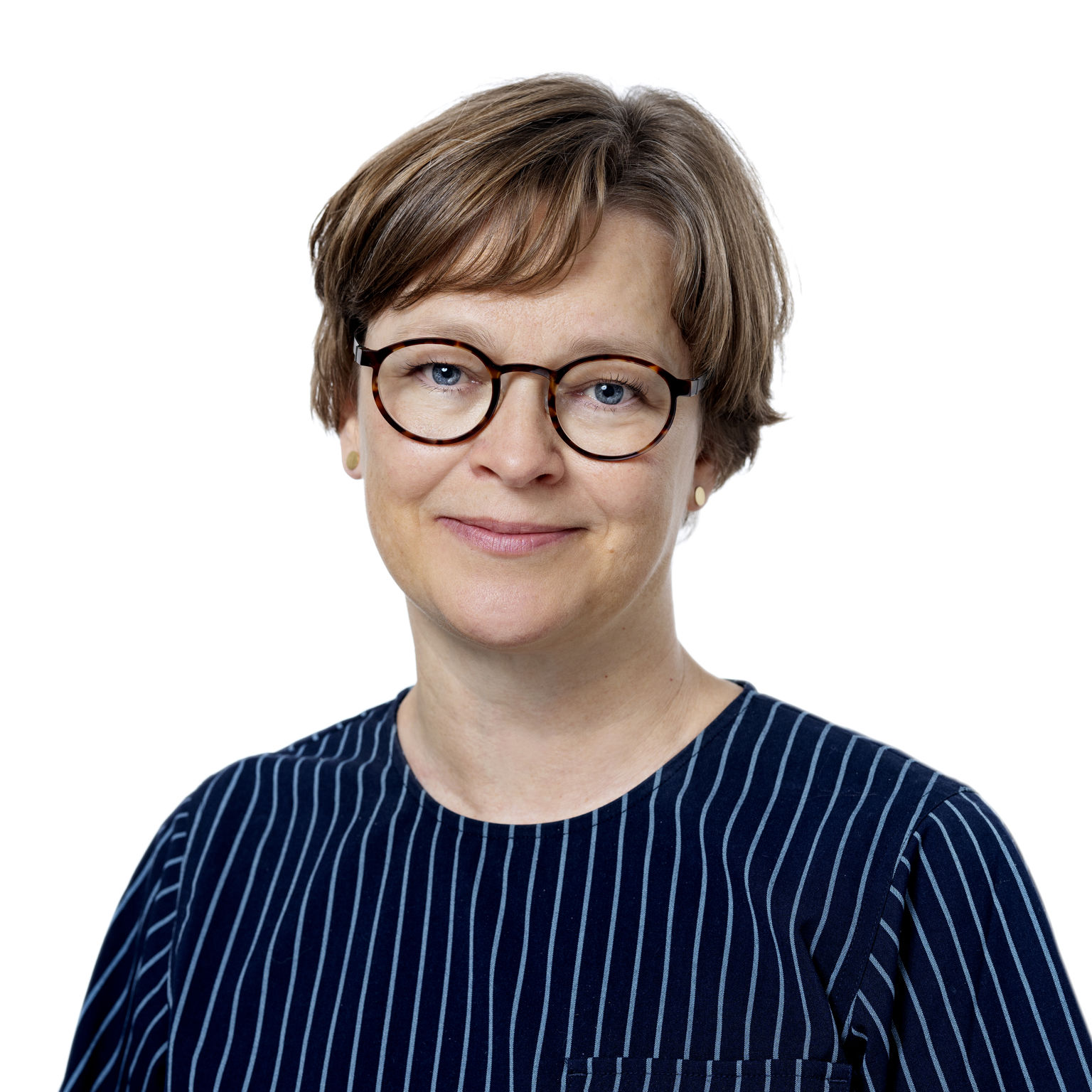JAN 2019
Health Care
Health Care

Signe Boe Rayce works with research and analysis in the area of child and adolescent health and well-being – especially psychosocial well-being. Furthermore, she focuses on valid measurement of psychosocial concepts through scale validation, as well as being involved in the carrying out of questionnaire surveys.
Signe Boe Rayce is currently a project manager in SPOR – Børns udvikling og trivsel gennem livet (Children’s development and well-being throughout life). SPOR is a large, new longitudinal study based on a web-based questionnaire. More than 30,000 families with young children took part in the survey for the first time in 2017-2018. They intend to monitor the children's well-being and welfare throughout their lives.
Signe Boe Rayce uses quantitative methods and has strong competencies in socio-epidemiological analyses, scale validation (mainly Rasch models) and systematic reviews. In addition, she has more than 10 years' experience with surveys and questionnaire data relating to children and adolescents – including development, validation and selection of items and measuring instruments.
Signe Boe Rayce has an MSc and a PhD in Public Health from University of Copenhagen and has carried out research in children and adolescents’ health and psychosocial well-being since 2004, with 10 of these years being in a university setting (University of Copenhagen and the National institute of Public health, University of Southern Denmark). She has been employed at SFI (now VIVE) since 2014.
Signe Boe Rayce has acquired her experience with children and adolescents' psychosocial well-being and surveys from, for instance, several extensive questionnaire surveys and databases. Currently as a project manager of VIVE’s longitudinal study SPOR and through affiliation with the longitudinal study Børn og Unge i Danmark (Children and adolescents in Denmark). Also, through former employments from Skolebørnsundersøgelsen – the Danish component of the international cross-sectional study Health Behaviour in School-aged Children (HBSC), which she was affiliated with for 10 years, and Databasen Børns Sundhed (the database on child health) (both belong under the National institute of Public health, University of Southern Denmark).
The subject of her PhD was psychological alienation and the relationship with health-related outcome measures among older school children. Here, she developed and validated questionnaire-based scales for measuring psychological alienation.
